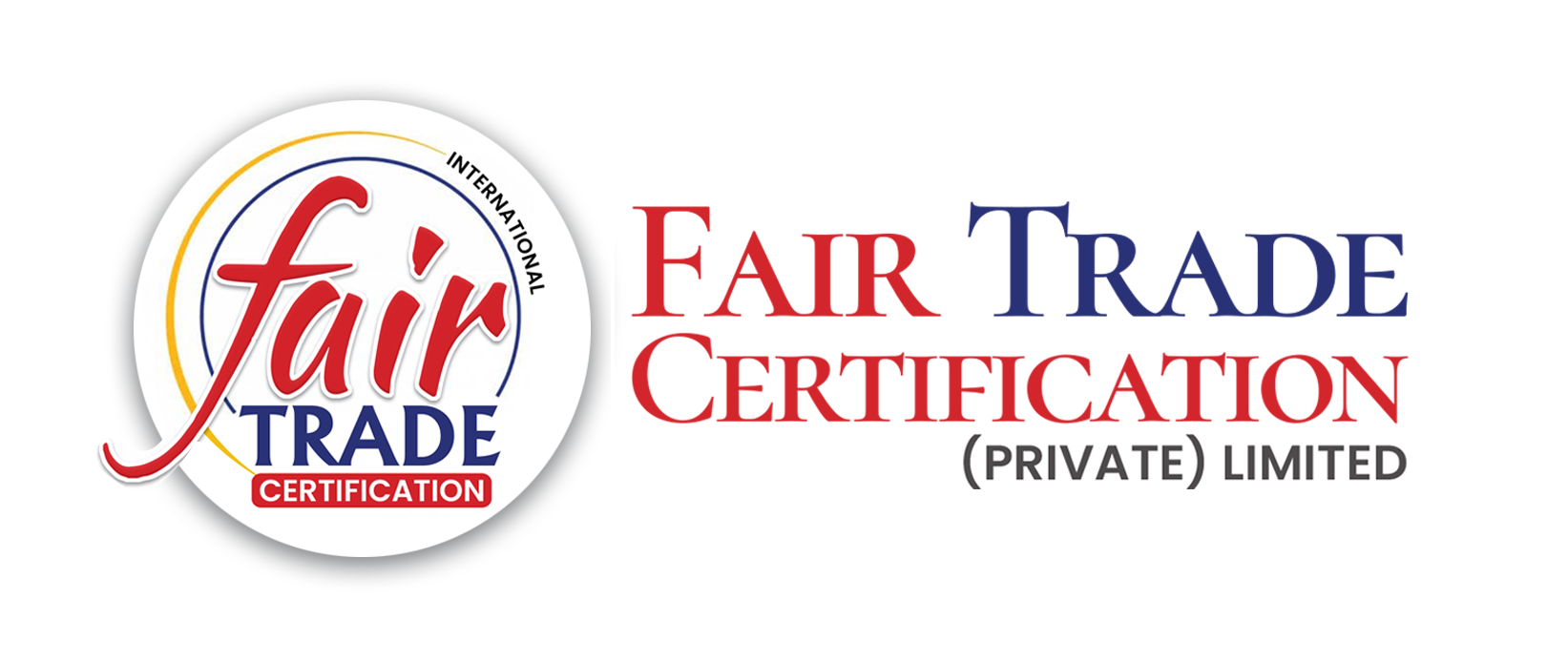IMPACT
Impact on Producers
Fairtrade significantly impacts producers by ensuring they receive fair compensation for their labor. This system helps protect small-scale farmers and workers in developing countries from volatile market prices and exploitation. By guaranteeing minimum prices and providing a Fairtrade Premium for community projects, Fairtrade empowers producers to improve their living conditions, invest in their businesses, and plan for a sustainable future.
Impact on Manufacturers
For manufacturers, Fairtrade offers a framework to source ethically produced raw materials, enhancing their corporate social responsibility profile. It enables manufacturers to contribute positively to the global supply chain by supporting sustainable practices and fair labor conditions. This ethical approach can also enhance brand reputation, build consumer trust, and open up new markets that value transparency and sustainability.
Impact on Sellers
Sellers benefit from offering Fairtrade Certified products through increased consumer loyalty and differentiation in a competitive market. Retailers and distributors who embrace Fairtrade align themselves with a growing consumer demand for ethically produced goods. This not only helps in attracting a conscientious customer base but also promotes a business model that is socially responsible and environmentally conscious.
Impact on Consumers
The overarching impact of Fairtrade on society is profound. By fostering fair wages, ethical labor practices, and environmental sustainability, Fairtrade contributes to the fight against poverty, reduces inequality, and promotes a healthier planet. It encourages a more equitable global trade system, where consumers, through their everyday purchases, can support a model of economic development that is sustainable and fair for all stakeholders involved.
